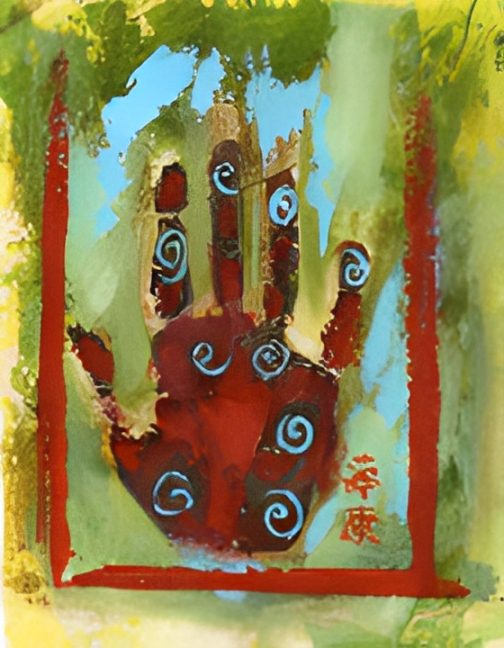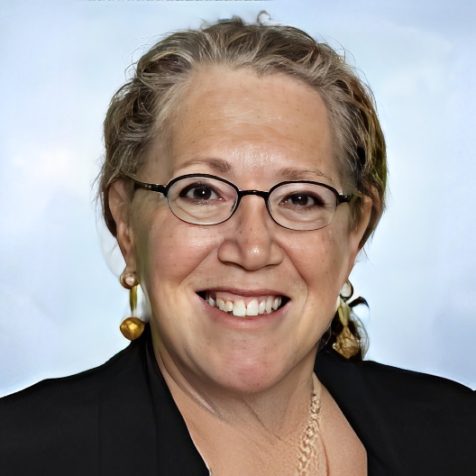
info@
northshorechinese
medicine.com
Acupuncture on the North Shore in Highland Park
Rena Zaid, M.S., MSOM, L.Ac.

Rena Zaid
Rena is a licensed, board-certified acupuncturist/Chinese Medicine practitioner, graduating summa cum laude with an MS in Chinese Medicine. She holds a certification in Traditional Chinese Nutrition and has completed advanced training in integrative oncology through Memorial-Sloan Kettering and MD Anderson. In addition to her Chinese Medicine education, Rena has a BA in behavioral sciences and an MS in counseling.
Rena focuses on supporting individuals with anxiety, depression, psycho/emotional or stress-related concerns, insomnia, addiction issues, migraines/headaches, perimenopause and menopause, and autoimmune diseases. She has an additional focus in helping those dealing with the side effects of cancer treatment, arthritis, and pain syndromes. In addition to her private practice, Rena was an acupuncturist with NorthShore University Health System's (now Endeavor) Integrative Medicine Program for over 10 years, working at Glenbrook and Highland Park hospitals. Rena also volunteered as an acupuncturist with the Cancer Wellness Center in Northbrook.
Rena's work stems from a commitment to helping people find balance in challenging situations, and in working toward the healthy integration of mind and body. It is her intention to help people become fully engaged partners in their own healing process.
Information About Acupuncture
What is Acupuncture?
Acupuncture is the gentle insertion of very fine needles into specific points on the body. This process enhances the movement of energy within the body, stimulating the body's ability to heal itself.
Acupuncturists complete highly specialized training that teaches the selection of points and the design of treatment protocols that are tailored to each individual's unique condition. The use of acupuncture to address the body's imbalances is based on over 3,000 years of experience in China. Acupuncture is a part of the holistic system of healing known as Traditional Chinese Medicine ("TCM").
The classical Chinese explanation is that energy/Qi flows in channels (meridians) throughout and just below the surface of the body. When the body is in harmony, Qi is plentiful and flows smoothly through the meridians. If the body's Qi is insufficient, or if the flow of Qi is interrupted, the body's innate balance is disrupted, and illness pain or emotional distress results.
Acupuncture treatments focus on restoring the smooth and abundant flow of Qi.
Acupuncture helps to prevent illness by improving the overall functioning of the body's immune and organ systems. Acupuncture is helpful for:
- Treating existing illnesses and injuries.
- Preventing both the recurrence of illnesses and new illnesses.
- Improving overall health.
How does Acupuncture work?
Traditional Chinese Medicine Theory
Acupuncture points are the specific points on the meridians where the Qi is both concentrated and accessible. Acupuncture engages the Qi by inserting needles at these specific points. Engaging and directing the Qi restores the proper flow of Qi. As the body regains its natural balance, well-being returns.
Acupuncture and Modern Science
To the human body, acupuncture needles are a physical stimulus. In Western science, a stimulus is defined as a detectable change in either the external environment or within the body itself. When the body detects change, it produces a response. Although acupuncture is not yet fully understood by Western science, with modern technology scientists can now actually begin to "see" the body's response to acupuncture. For example, using MRI, researchers have shown that when a needle is inserted at specific acupuncture points on the body, corresponding changes occur in the brain.
Acupuncture points are now believed to stimulate the central nervous system (the brain and spinal cord) to release pain-relieving chemicals into the muscles, spinal cord, and brain. Acupuncture may also stimulate other chemicals to be released by the brain, including hormones that influence the self-regulating system of the body. Recent studies have identified that acupuncture results in stimulation of the thalamus and hypothalamus, activating the areas of the brain to govern the regulation of the body.
Summary
Chinese Medicine has been around for thousands of years, and has provided us with a unique and holistic approach to help prevent and treat disease. Western science and Traditional Chinese Medicine ultimately rely on the body's natural healing ability to maintain health and protect against disease. Both have the same goal of helping a person stay healthy. A combination of both systems creates an ideal environment of health and healing.
